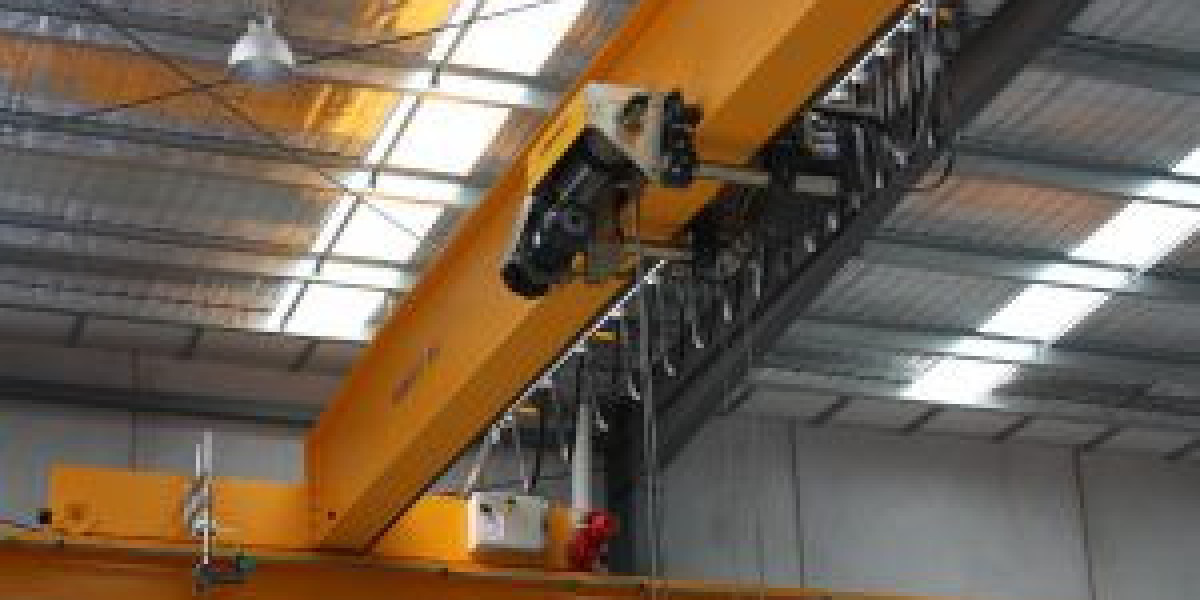In today's world, where sustainability is a growing concern, companies are increasingly seeking eco-friendly packaging alternatives. One such innovative and environmentally friendly solution is thermoformed molded fiber products. These products are made from recycled paper, cardboard, and natural fibers, offering an excellent alternative to plastic packaging. They are not only biodegradable but also offer superior performance in terms of durability and cost-effectiveness. This article will guide you through the process of selecting the best thermoformed molded fiber products for your packaging needs, focusing on key factors to consider.
Understand the Benefits of Thermoformed Molded Fiber Products
Thermoformed molded fiber products offer a multitude of benefits that make them a popular choice for packaging. First and foremost, they are made from renewable, biodegradable materials such as recycled paper, agricultural waste, and other natural fibers. This makes them an eco-friendly option that reduces reliance on non-renewable resources and contributes to reducing waste. Unlike plastic packaging, which can take hundreds of years to decompose, molded fiber products break down quickly and naturally, reducing environmental impact.
In addition to their sustainability, thermoformed molded fiber products are highly versatile. They can be used in various packaging applications, from food containers and trays to product inserts and custom packaging solutions. These products offer excellent protection for sensitive items due to their cushioning properties, ensuring that goods arrive in perfect condition. Furthermore, the production process allows for customization, meaning businesses can create packaging that is both functional and aesthetically pleasing, enhancing their brand image.
Evaluate the Strength and Durability of the Molded Fiber Product
When choosing the best thermoformed molded fiber products for your packaging needs, it is crucial to evaluate their strength and durability. Depending on the type of product you are packaging, you may require different levels of protection. For example, products that need to be transported over long distances or exposed to rough handling may require stronger and more robust packaging. Molded fiber products come in different thicknesses and densities, so it is essential to choose the right one based on the fragility of your items.
Testing the durability of thermoformed molded fiber products involves considering factors such as moisture resistance, impact protection, and structural integrity under stress. Some products may offer additional coatings or treatments that can enhance their resistance to moisture, making them ideal for packaging food or products in humid conditions. Additionally, certain thermoformed molded fiber products are designed with specific applications in mind, such as electronic product packaging or automotive parts, which require a higher level of protection. By carefully considering these factors, you can ensure that your packaging will meet the necessary durability standards.
Assess the Customization Options for Your Packaging
One of the advantages of thermoformed molded fiber products is their customization potential. Many suppliers offer the ability to design products that fit your specific packaging needs, ensuring that your product is well protected and stands out visually. Customization options include adjusting the size, shape, and design of the packaging to fit your products perfectly, as well as incorporating branding elements like logos or specific colors.
Custom thermoformed molded fiber products can help you create packaging that aligns with your brand’s image and message. Whether you are looking for sleek and minimalist designs or more intricate patterns, the flexibility of molded fiber allows for diverse design possibilities. Keep in mind that custom designs may involve additional costs and longer production times, so it’s important to balance aesthetics with practicality and budget when choosing the right solution for your business.
Consider the Environmental Impact of the Packaging Process
While thermoformed molded fiber products are a sustainable choice compared to plastic packaging, it is still important to consider the environmental impact of the entire packaging process. This includes evaluating the source of the raw materials, the manufacturing process, and the lifecycle of the product. Many molded fiber manufacturers use post-consumer recycled materials, which further reduces the environmental footprint of the product. It’s also essential to verify that the production facilities adhere to sustainable practices, such as reducing water and energy usage during production.
Another consideration is the end-of-life disposal of the packaging. As mentioned earlier, thermoformed molded fiber products are biodegradable, but it’s important to ensure that they are disposed of properly. Look for suppliers who offer packaging that can be composted or recycled at the end of its use. Additionally, some molded fiber packaging is designed to be reused, which further contributes to sustainability by extending the lifecycle of the product. By considering the full environmental impact of your packaging, you can make a more informed decision that aligns with your company’s sustainability goals.
Evaluate the Cost-Effectiveness of Thermoformed Molded Fiber Products
Cost is always a key consideration when selecting packaging materials. While thermoformed molded fiber products may have a higher upfront cost compared to plastic alternatives, they often provide long-term savings due to their strength and durability. Molded fiber packaging can help reduce damage during transit, potentially lowering costs associated with returns or product replacements. Furthermore, many companies find that the eco-friendly appeal of molded fiber packaging helps them attract more customers, leading to increased sales and customer loyalty.
When evaluating cost, it’s also important to consider the scalability of thermoformed molded fiber products. As your business grows, you may need to increase your packaging volume. Working with a reliable supplier that can meet your production demands and provide cost-effective solutions as you scale is crucial. It’s worth researching different suppliers to compare prices, minimum order quantities, and production lead times to find the most cost-effective solution for your packaging needs. Additionally, some manufacturers offer bulk discounts or long-term partnership agreements, which can help reduce overall costs over time.
Conclusion
Choosing the best thermoformed molded fiber products for your packaging needs involves carefully considering a range of factors, from the sustainability and durability of the materials to customization options and cost-effectiveness. By evaluating these elements, you can ensure that your packaging not only protects your products but also aligns with your brand values and sustainability goals. With the growing demand for eco-friendly packaging, thermoformed molded fiber products offer a viable and practical solution that balances performance, customization, and environmental responsibility. By selecting the right packaging for your business, you can enhance customer satisfaction while contributing to a greener planet.


